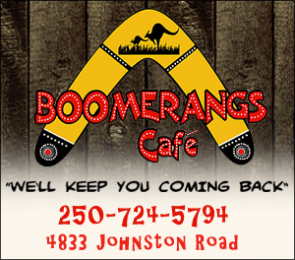Conflict Management: Relocation & Translocation
When it comes to managing conflict bears two options that may be considered include relocation and translocation. Relocation refers to a bear that is captured in a problem area and moved into the wilderness within its home range; translocation indicates that the bear has been moved away from its home range. Both methods may be utilized in hopes that the bear will return to its natural behaviour and avoid human contact, but is it a viable option for conflict management?
In order for either option to be deemed “successful” the bear must adapt to its new environment. This includes foraging successfully, does not get killed or displaced by resident bears and is able to reproduce successfully (Ministry of Environment, Lands & Parks, British Columbia 1995). However, even if the relocation or translocation is successful, the bear will still experience a great deal of stress while adapting to its new surroundings and establishing a new territory let alone the stress of being captured in the first place. Frequently, these options fail as the bear becomes a “problem” in a neighbouring community or will find its way back to its original territory and continue to be a problem there.
In the end, neither relocation nor translocation is a long term solution. Both methods are time consuming, expensive, cause a public safety risk for the attending officers and cause undue stress to the bear. By addressing the underlying cause of the bear-human conflicts which are non-natural food sources and proactively managing the situation by securely storing garbage in bear proof enclosures, thoroughly cleaning barbeques, removing bird feeders and keeping pet food indoors the consideration for relocation or translocation will be greatly reduced or eliminated. Ultimately, the best case scenario is to remove non-natural attractants from our neighbourhoods to prevent the bear from becoming food conditioned or habituated to humans in the first place.
For more information on how to bear-proof your campsite & home property or to volunteer with the Alberni Valley Bear Smart Committee call:
Dawn Boyce 250-723-2187 or
Darlene Clark 250-724-4657
Information provided by Christina Brack Alberni Valley Bear Smart Committee Volunteer and Crystal McMillan, Executive Director for Bear Smart BC Society.
For more information on the Ministry of Environment Bear Smart Community Program or the Bear Smart BC Society please call:
Crystal McMillan at 250-(BEAR) 2327.
Relocation & Translocation
Submitted by bearsmart on September 9, 2009.






